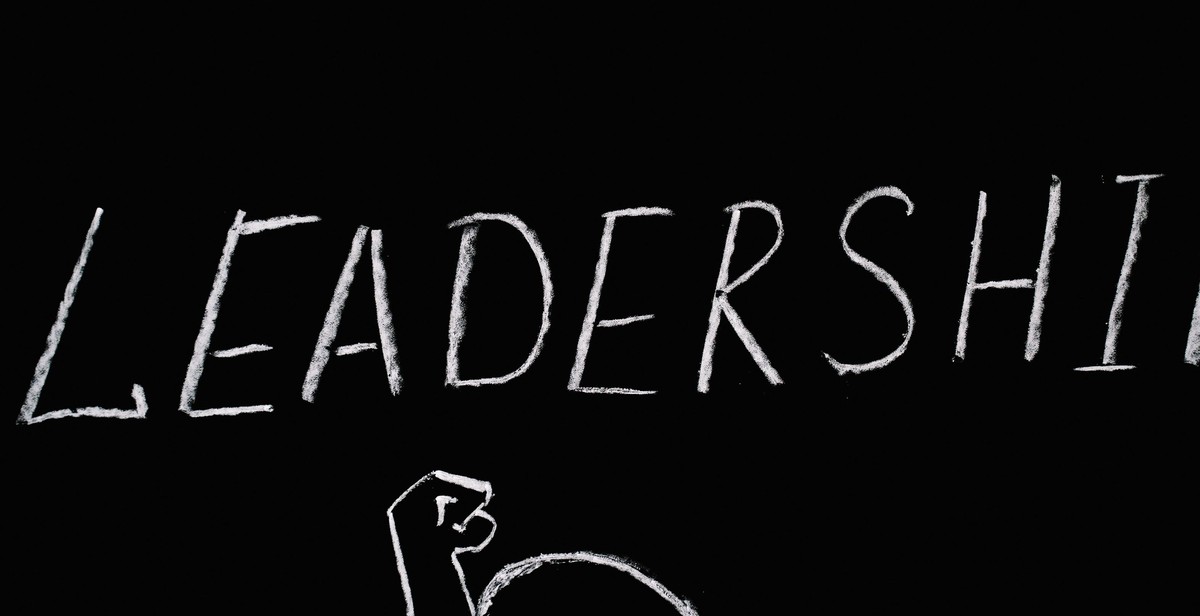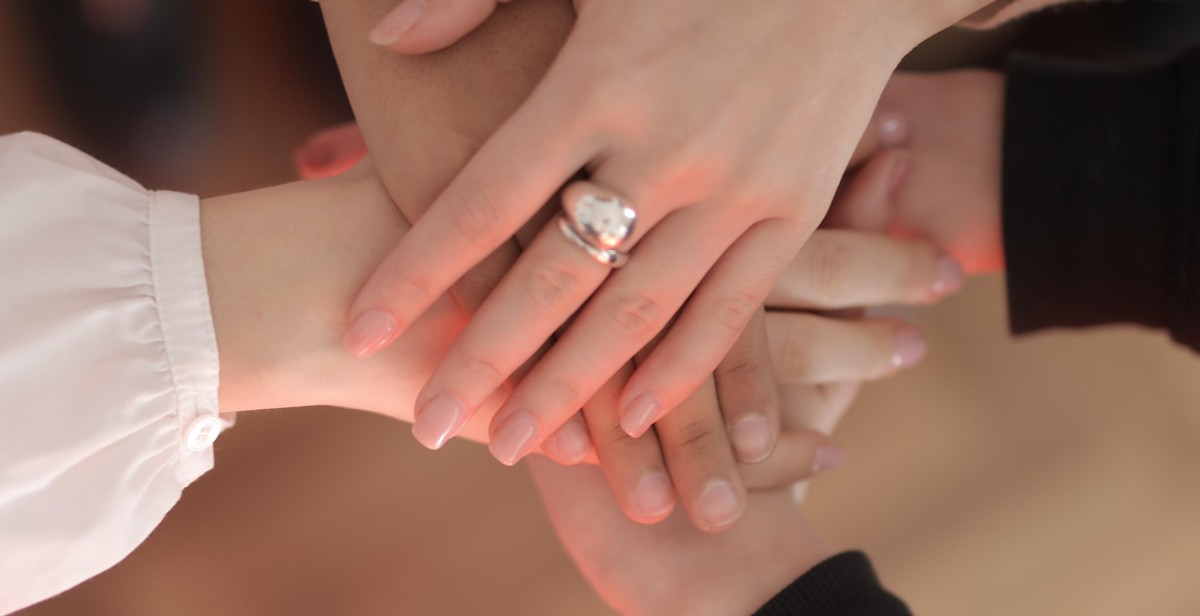Understanding the Dynamics of Power in Love Relationships
Love is a complex and multifaceted emotion that can be both rewarding and challenging. When two people come together in a romantic relationship, they bring with them their own unique personalities, experiences, and expectations. One of the key factors that can impact the success or failure of a relationship is the dynamics of power.
Power dynamics refer to the ways in which power is distributed and exercised within a relationship. This can include who makes decisions, who has control over resources, and who has the final say in disagreements. Understanding these dynamics is essential for maintaining a healthy and fulfilling relationship.
The Importance of Balance
One of the most critical aspects of power dynamics in relationships is balance. When one partner has more power than the other, it can create tension, resentment, and even abuse. A healthy relationship requires both partners to have equal say and control over the decisions that affect them.
However, achieving balance is not always easy. Many factors can influence power dynamics, including gender, age, socioeconomic status, and personality. It takes intentional effort and communication to ensure that both partners feel heard, valued, and respected.
My Personal Experience
As a love and relationships psychology guru, I have seen firsthand the impact that power dynamics can have on a relationship. In my own personal experience, I have struggled with finding balance in my relationships. At times, I have felt powerless and unheard, while at other times, I have had to confront my own tendencies towards controlling behavior.
Through my own journey and years of research and experience, I have come to understand the importance of healthy power dynamics in relationships. In this article, I will share my insights and tips for creating a balanced and fulfilling relationship.

Defining Power Dynamics in Love Relationships
Power is a complex and multifaceted concept that can be defined in various ways. In the context of love relationships, power can be defined as the ability to influence or control the behavior, thoughts, and emotions of one’s partner.
What are Power Dynamics?
Power dynamics refer to the ways in which power is distributed and exercised within a relationship. These dynamics are often shaped by a variety of factors, including gender, social status, and personality traits.
In many love relationships, power dynamics can become unbalanced, with one partner exerting more control and influence than the other. This can lead to feelings of resentment, frustration, and even abuse.
Types of Power Dynamics in Love Relationships
There are several types of power dynamics that can manifest in love relationships:
- Physical Power: This refers to the ability to use physical force or the threat of violence to control one’s partner.
- Emotional Power: This refers to the ability to manipulate one’s partner’s emotions, such as through guilt-tripping or gaslighting.
- Financial Power: This refers to the ability to control the finances of the relationship, often through earning more money or controlling access to resources.
- Social Power: This refers to the ability to control one’s partner’s social life, such as through isolating them from friends and family.
It’s important to note that power dynamics can be fluid and change over time. In healthy relationships, power is shared and negotiated between partners, with both parties feeling valued and respected.
| Signs of Unhealthy Power Dynamics |
|---|
| Constantly feeling like you have to “walk on eggshells” around your partner |
| Feeling like your partner always gets their way |
| Feeling like you have to justify your actions or decisions to your partner |
| Feeling like you’re not allowed to have a life outside of your relationship |
If you’re experiencing any of these signs in your relationship, it may be a sign that power dynamics are unbalanced and causing harm. It’s important to seek support from a therapist or counselor to address these issues.

Different Types of Power Dynamics in Love Relationships
Power dynamics in love relationships refer to the way partners relate to each other in terms of who has more control and influence in the relationship. There are different types of power dynamics, including:
Expert Power
Expert power refers to the power that one partner has over the other due to their expertise or knowledge in a particular area. For instance, if one partner is more knowledgeable about finances, they may have more control over financial decisions in the relationship.
Coercive Power
Coercive power refers to the power that one partner has over the other through the use of threats, intimidation, or force. This type of power can be harmful and can lead to an abusive relationship.
Reward Power
Reward power refers to the power that one partner has over the other by providing rewards or incentives. For instance, if one partner is in charge of planning date nights, they may use this power to reward the other partner for good behavior or compliance.
Referent Power
Referent power refers to the power that one partner has over the other due to their personal qualities or characteristics. For instance, if one partner is well-liked and respected by their social circle, they may have more influence over social decisions in the relationship.
Legitimate Power
Legitimate power refers to the power that one partner has over the other due to their position or status in the relationship. For instance, if one partner is the breadwinner in the relationship, they may have more control over financial decisions.
Understanding the different types of power dynamics in love relationships is crucial for maintaining a healthy and balanced relationship. It is important to recognize when power imbalances occur and to address them in a constructive manner.

How Power Dynamics Affect Love Relationships
As a love and relationships psychology guru, I have seen numerous cases where power dynamics have a significant impact on the success or failure of a relationship. Power dynamics refer to the way power is distributed in a relationship and how it affects the behavior of each partner.
Imbalance of Power
One common issue in power dynamics is an imbalance of power, where one partner has more power than the other. This can happen in various ways, such as one partner being more financially stable, having a higher social status, or having more decision-making power in the relationship.
When there is an imbalance of power, the partner with less power may feel inferior, helpless, or resentful. They may feel like they have to acquiesce to the other partner’s wishes or risk losing the relationship altogether. This can lead to a lack of communication, mistrust, and ultimately the breakdown of the relationship.
Effects of Power Dynamics
Power dynamics can have various effects on a relationship, depending on how they are managed. Here are some common effects:
- Control: The partner with more power may try to control the other partner, leading to a lack of autonomy and independence.
- Resentment: The partner with less power may feel resentful and frustrated, leading to conflicts and misunderstandings.
- Communication breakdown: The power imbalance can lead to a lack of communication, as the partner with less power may feel like their opinions and feelings don’t matter.
- Low self-esteem: The partner with less power may feel inferior and develop low self-esteem, leading to a lack of confidence and assertiveness.
- Dependency: The partner with less power may become overly dependent on the other partner, leading to an unhealthy and unbalanced relationship.
Overall, power dynamics can have a significant impact on love relationships. It is essential to recognize and address any imbalances of power, communicate openly and honestly, and strive for a healthy and balanced relationship.

How to Address Power Dynamics in Love Relationships
Power dynamics can be present in any relationship, including love relationships. It is important to recognize these dynamics and address them in a healthy and constructive way. Here are some tips on how to address power dynamics in love relationships:
Recognize the Power Dynamics
The first step in addressing power dynamics in a love relationship is to recognize that they exist. This can be challenging as power dynamics can be subtle and may not always be obvious. Take some time to reflect on your relationship and try to identify any areas where power imbalances may be present.
Communicate Openly
Open communication is key to addressing power dynamics in a love relationship. Talk to your partner about how you are feeling and your concerns about any power imbalances. Be honest and open about your needs and expectations in the relationship.
Establish Boundaries
Establishing healthy boundaries is important in any relationship, but especially in those where power dynamics are present. Set clear boundaries and communicate them to your partner. This can help to create a more equal and balanced dynamic in the relationship.
Practice Equality
One of the most effective ways to address power dynamics in a love relationship is to practice equality. This means treating your partner as an equal and valuing their opinions and needs. It also means being willing to compromise and work together to find solutions that benefit both partners.
- Recognize the Power Dynamics
- Communicate Openly
- Establish Boundaries
- Practice Equality
By recognizing power dynamics, communicating openly, establishing boundaries, and practicing equality, you can address power imbalances in your love relationship and create a healthier and more fulfilling partnership.

Conclusion
Understanding the dynamics of power in love relationships is essential for maintaining a healthy and fulfilling partnership. Power imbalances can lead to resentment, frustration, and ultimately, the breakdown of the relationship.
It’s important to recognize that power can be both positive and negative. Positive power is when both partners have an equal say in decision-making and feel respected and valued in the relationship. Negative power is when one partner dominates the other and uses their power to control or manipulate them.
Communication is key in addressing power imbalances in a relationship. It’s important to have open and honest conversations about how each partner feels and to work together to find solutions that work for both parties.
Additionally, it’s important to recognize that power dynamics can shift over time and in different situations. It’s important to be aware of these changes and to continue to communicate and work together to maintain a healthy and balanced relationship.
- Recognize the different forms of power in a relationship
- Communicate openly and honestly about power imbalances
- Work together to find solutions that work for both partners
- Be aware of shifting power dynamics and continue to communicate and work together
By understanding and addressing power imbalances in a relationship, couples can create a strong foundation of mutual respect, trust, and love that will help them navigate the ups and downs of life together.
